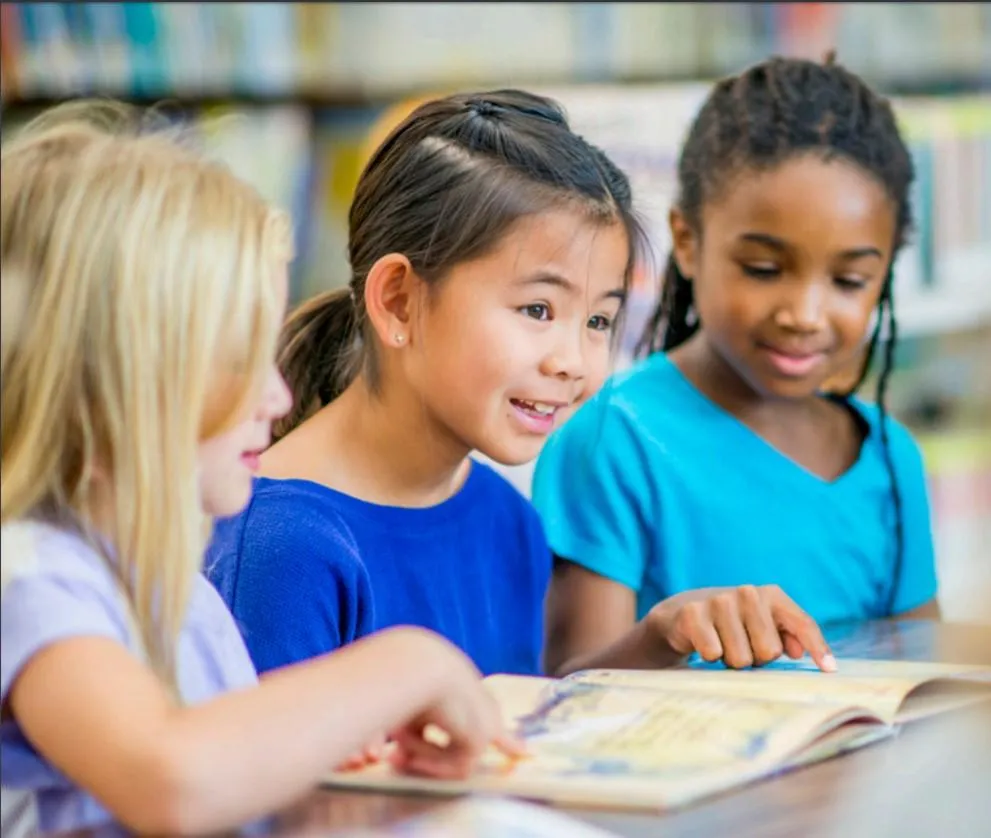Our Services
Reset
COVID-19 has had a severe impact on all phases of education. Schools, teachers, students and their families have had to adapt rapidly and overcome challenges to deliver high-quality education while keeping everyone safe.
Schools have made remarkable strides in switching from in-person to digital teaching, but not all children have access to reliable broadband or digital devices. Remote learning is a short-term fix and can’t help children to develop the personal and social skills that they acquire by being at school.
The current climate is often referred to as the ‘new normal’, but this situation is far from normal. Children’s experiences during the pandemic vary widely, and they’ll have very different perspectives, attitudes and levels of emotional resilience. It’s important that we recognise this and acknowledge that multiple lockdowns have had a profound effect on them.
“74% of teachers and school staff agreed that schools being closed to most students over the period of lockdown has had a negative impact on the mental health of young people.” Young Minds
Ofsted’s research into the effects of the Coronavirus indicate that young children most affected by school closures have regressed in some basic skills and learning. Older children’s reading and writing have suffered; they have less physical energy and their mental health is deteriorating. Most worryingly, with children and young people no longer being regularly monitored by staff at school, referrals to social care teams have fallen and there are concerns that some safeguarding incidences may have gone undetected.
School closures have widened the attainment gap between disadvantaged children and their peers. Statistics from the Institute of Fiscal Studies show that “children from better-off families are spending 30% more time on home learning than those from poorer families”.
These inequalities between children’s experiences and their access to home learning and support have become pronounced after a year of upheaval, and it’s vital that we identify the children who are the most vulnerable or disadvantaged and help them to catch up. Every child’s readiness to learn will be different and we must tailor our approaches to meet their needs.
The Government has announced a £1bn ‘catch-up’ package for schools, which reflects the huge efforts needed to make sure that no children are left behind in this period of recovery. But will this be enough? The National Tutoring Programme, which will focus on the most disadvantaged children, aims to prevent that gap from widening even further. Schools’ recovery plans will need to offer strategies to support those children who need extra attention.
Schools will have to pause and reset their expectations before they return to ‘normal’, to make sure that the curriculum is responsive to all children’s needs.
Recover
The Coronavirus pandemic has disrupted young people’s lives, affecting their social and emotional development as well as their academic progress. It’s crucial that we recognise this in our recovery plans and that these are not based solely around academic catch-up.
The suggestions below are not exhaustive, but they can help us to reflect on the depth and breadth of our recovery plans. Some actions will help children to readjust to the rhythm of school life in the short term and others will contribute to a more long-term recovery.
Ensure and maintain safety
Safeguarding is everyone’s responsibility. Adults who work with children must be able to identify those who are vulnerable or at risk, assess their needs and wellbeing, and work closely with external agencies where necessary.
Regularly review and update your safeguarding policies and procedures and ensure that all staff can understand and implement them.
School planning must comply with Department for Education (DfE) guidance for safety measures incorporating social distancing, stringent hygiene and adaptations for younger children.
Nurture positive relationships
Positive relationships are a powerful tool for reintegrating children into schools. Introduce children and families to the key people in your school or setting, and build on those introductions to forge consistent relationships and a sense of security.
Face-to-face transition meetings with parents and carers are no longer possible, but effective communication is still vital. Use digital platforms to share information or have a telephone call. Regular wellbeing calls to more vulnerable families, weekly newsletters, texts and sharing information on the school website can all help you to communicate effectively.
Communication is a two-way street, however. Staff need clear information about the children they’re teaching – their experiences, families, friends, likes, dislikes, fears, talents and fascinations – to support them in making progress, so it’s vital that you listen to parents and children, too.
Provide the best for every child
Children from disadvantaged backgrounds can be up to four months behind their peers in terms of their cognitive development when they start school, but high-quality education and care can help them to catch up quickly. This needs to be inclusive – identify children with special educational needs or disabilities quickly and provide any extra help they need to progress.
Support social and emotional wellbeing
Recovery plans must acknowledge the difficulties that the Coronavirus pandemic has caused. Children need time, space and adults that they can trust who are ready to listen and who can respond to them effectively or know where to find them the support they need. Young children need to be taught the means of communication to enable them to express their feelings. It can take time for them to react to trauma, which may present itself in behavioural changes.
Research shows that improvements in psychosocial wellbeing are related to better academic outcomes. Design your recovery plan to include pastoral care and enrichment opportunities to help children and young people manage their anxiety – interventions such as mindfulness strategies and physical exercise can help.
Staff, too, will be under extra stress at this time. Managers and leaders must be mindful of the additional pressure that staff are under and stay aware, informed and connected. Establish regular check-in times with all members of staff and clear channels of communication so that no one feels isolated.
Include effective teaching practices
Children and young people are capable learners if they have the right help. Develop an effective teaching strategy with a mix of approaches that respond to your pupils’ different learning behaviours and changing needs. |
Provide a responsive curriculum
School leaders may feel under great pressure to make up for lost time, but it’s essential that they establish accurate starting points and plan a responsive curriculum that’s ambitious and progressive. Planning must include careful sequencing to help to build children’s skills and knowledge over time. Depth in learning is much more important than covering lots of things superficially.
Provide extra help for disadvantaged and vulnerable children
It’s important that recovery plans are flexible and centred around the child, offering a range of strategies and activities to support those pupils who are at risk of being left behind.
Schools must carefully plan extra support for these children, such as pre-teaching sessions, small-group work, one-to-one tuition and specific intervention programmes where appropriate. This support must be sustained to ensure that, once children have caught up with their peers, they can keep up with them.
Advance
Despite the disruption caused by the Coronavirus pandemic, schools can develop innovative practices to strengthen their educational systems and bring about sustainable recovery. With the ongoing threat of further lockdowns and periods of isolations, it’s crucial that educators continually reflect on provision and practice to stay relevant. Adopting a ‘reset-recover-advance’ approach can support this.
The pandemic has highlighted schools’ role in supporting mental health and social and emotional wellbeing, and there must be funding for them and supporting agencies to play this role effectively. We must also recognise that there’s no short-term fix; policy makers and the DfE must recognise that the pandemic will have a lasting impact on education, and schools will need funding and guidance to navigate their long-term recovery.
To learn more about how we can support your school through recovery, visit Re-inspiring the Covid Generation


